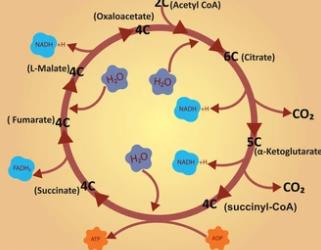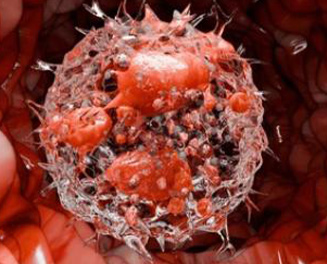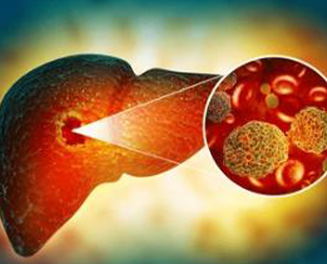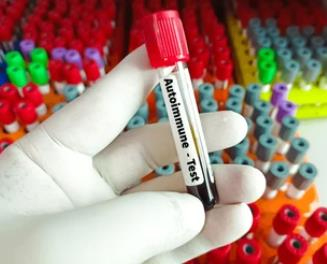
Fri, 2024/11/15
New Mechanism of ACLY Regulating Thermogenesis and Metabolic Stress in Brown Adipose Tissue

Thu, 2024/10/17
Why Does Aging Lead to Cancer? Chronic Inflammation Is Key

Thu, 2024/10/17

Thu, 2024/10/17
The Key Role of JUN Protein in Inhibiting the Growth of Human Liver Cancer

Wed, 2024/10/16

Thu, 2024/08/29
AFDN Deficiency Promotes Hepatotropism in Metastatic Colorectal Cancer

Thu, 2024/08/29

Thu, 2024/08/29
Ketogenic Diet Forces Pancreatic Cancer to Change Its Metabolic Mode, Exposing Fatal Flaws!
